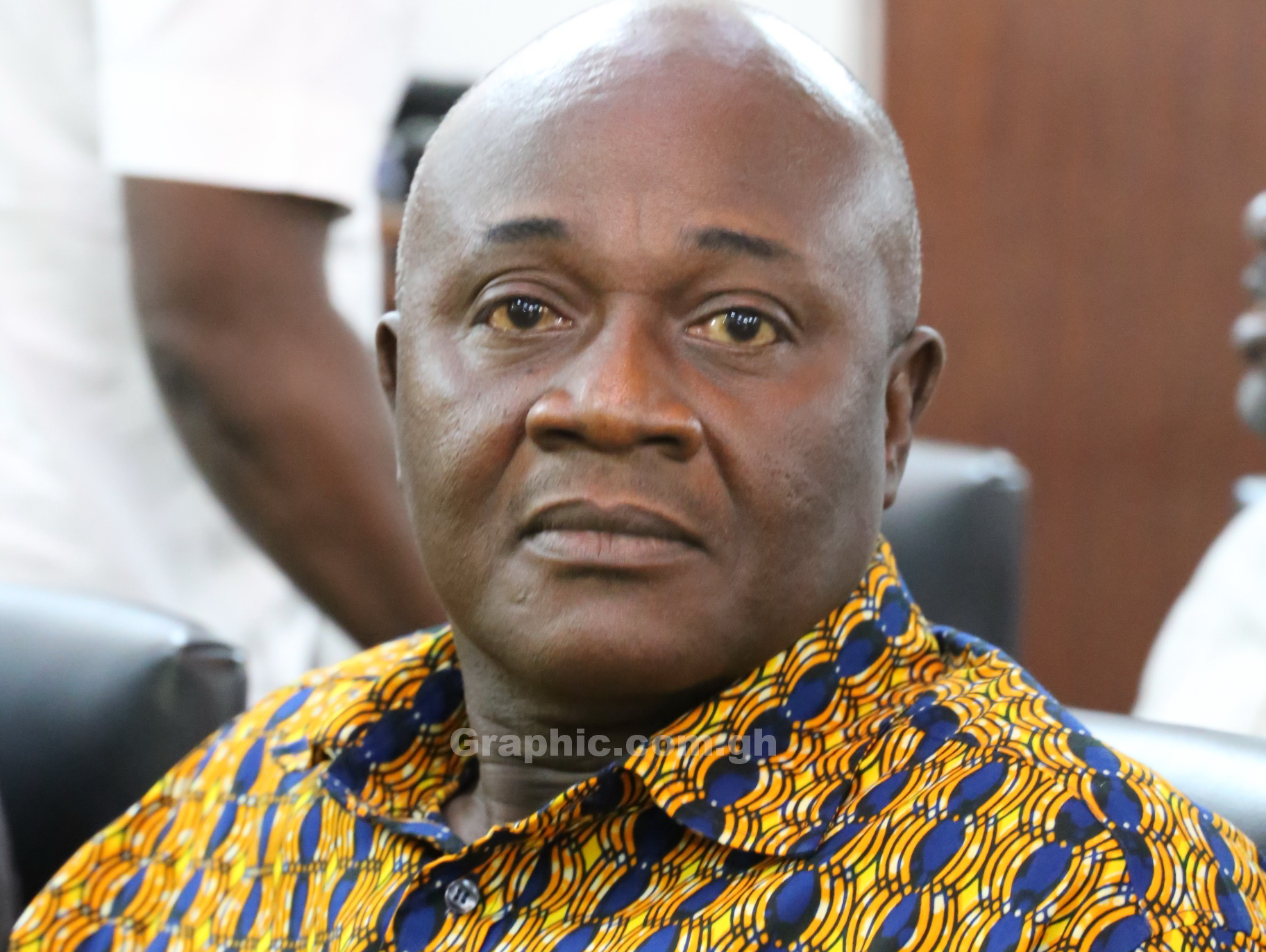
Supreme Court to determine legality of new regions referendum Nov 28
The legality of the referendum for the creation of six new regions will be determined by the Supreme Court on November 28, 2018 when it rules on a suit challenging the referendum.
Advertisement
Joined to the suit as defendants are the Attorney-General (A-G) and the Electoral Commission (EC).
The seven-member panel of the
Members of the panel were Justice Jones Dotse, Justice Anin Yeboah, Justice Samuel K. Marful-Sau, Justice Agnes M. Dodzie, Justice Nene A. Amegatcher and Prof. Justice Nii Ashie Kotey.
It is the contention of the plaintiffs that the 1992 Constitution intended for every registered voter in the existing region to decide whether or not the regions should be split and, therefore, it was unconstitutional to limit the referendum to registered voters in only the areas where the proposed new regions would be.
Among other reliefs, the plaintiffs are seeking a declaration that “on a true and proper interpretation of Article 5 (1) (a) & (b) of the 1992 Constitution, any referendum to determine whether a new region should be created or whether the boundaries of a region should be altered must take place in and involve the inhabitants of the whole region’’.
Background
On August 15, 2017, the Council of State advised President Nana Addo Dankwa Akufo-Addo to appoint a Commission of Enquiry to look into the need to create six regions and make recommendations on all the factors involved in the creation of the new regions.
The commission, known as the Justice Brobbey Commission, which was established pursuant to Article 5 of the 1992 Constitution and Constitutional Instrument (CI) 105, commenced work on November 21, 2017.
On June 27, 2018, the commission presented its report to President Akufo-Addo and recommended the creation of six new administrative regions, namely, Oti, Ahafo, Brong East, Western North, North East and Savannah.
The Commission of Enquiry recommended to the President that the referendum
Consequently, the EC has set December 27,
Plaintiffs’ legal argument
Counsel for the plaintiffs, Mr Albert Quashigah, in his legal argument, averred that his clients had properly invoked the jurisdiction of the court to interpret and enforce the 1992 Constitution.
He argued that Article 5(4) of the Constitution gave the Commission of Enquiry the power to recommend to the President that a referendum should be held, “specifying the issues to be determined by the referendum and the places where the referendum should be held’’ but the Constitution did not empower the commission to “recommend the persons entitled to vote’’.
He argued that the A-G and the EC disagreed and, therefore, different interpretations had been put on Article 5 of the Constitution, which required the intervention of the Supreme Court.
Counsel further argued that holding the referendum in only the “affected areas makes
“The referendum is a political scheme designed to guarantee an absolute Yes vote,’’ he said.
A-G’s legal argument
In his legal argument, a Deputy A-G, Mr Godfred Yeboah Dame, submitted that the plaintiffs had not raised any cause of action and also failed to invoke the jurisdiction of the court to interpret constitutional provisions.
According to him, the case of the plaintiff that it was unconstitutional for the Commission of Enquiry to recommend the referendum in only affected areas raised no cause of action.
“This is because Article 5(4) of the Constitution clearly vests the commission with the power to determine the places where the referendum should be held. In effect, what plaintiffs seek the court to declare as unconstitutional is what the Constitution has, in plain and clear words, vested an Article 5 commission with power to do,’’ he said.
Mr Dame further argued that the plaintiffs had failed to invoke the jurisdiction of the court and thus their submission that the commission of enquiry had no power to prescribe who would vote in the referendum was “absurd”.
He was of the view that the commission had recommended for a referendum and the recommendation was being worked on by the EC, which was clothed with the power under Article 5 (5) to organise the referendum in a “manner prescribed by the electoral commission’’.
“The mandate to prescribe the manner in which a referendum should be held obviously includes the mandate to determine when the referendum will be held, when registration of potential voters will be held, where the registration of voters will be held, the class of qualified voters to vote (since the referendum is a special ballot limited to a part of the country), etc,’’ the Deputy A-G said.
Writer’s email: [email protected]



